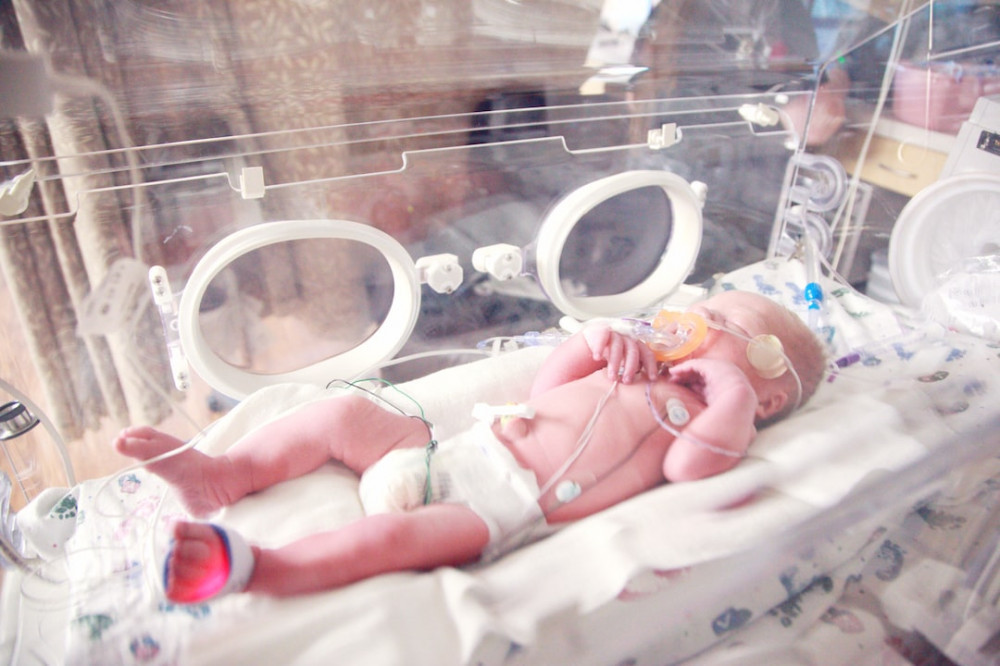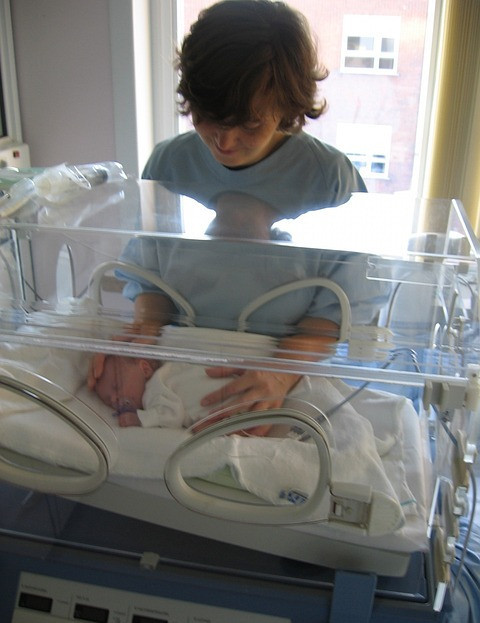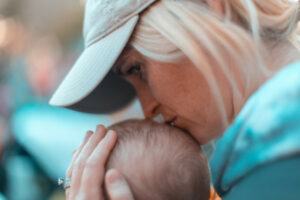
Bringing a baby into the world is an incredible experience, but for some families, it’s also a daunting one. Premature birth, which is defined as delivery before 37 weeks of gestation, can happen unexpectedly and often requires specialized care. Preemies, as these tiny babies are called, face a host of medical challenges, from respiratory distress syndrome to anemia and infections. But their struggles go beyond their medical issues – they may also face long-term developmental delays, learning difficulties, and chronic health problems. For their families, the emotional and financial toll of caring for a preemie can be overwhelming. However, despite the challenges, preemie babies and their families also experience incredible triumphs, from milestones achieved to the outpouring of support from loved ones and communities. In this blog post, we’ll explore the journey of preemie babies and their families, from the initial shock of premature birth to the joys of seeing these tiny fighters grow and thrive
A. What is Premature birth?
Premature birth, also known preterm birth, is the birth of a baby at fewer weeks than 37 weeks of gestation, as opposed to full-term birth that lasts at approximately 40 weeks. The cause of spontaneous preterm birth is often not known. When a baby is born prematurely, their organs and body systems may not have enough time to fully develop, making them vulnerable to various health complications.
Premature birth can occur for various reasons, including:
- Spontaneous preterm labor: This is when labor starts on its own before the 37th week of pregnancy.
- Preterm rupture of membranes: The amniotic sac ruptures before the onset of labor, leading to the early delivery of the baby.
- Medically induced preterm birth: In certain cases, healthcare providers may recommend inducing labor early to protect the health of the mother or the baby.
- Multiple pregnancies: Women carrying twins, triplets, or more have a higher risk of premature birth.
Premature birth is a significant global health issue, with rates varying across countries. It can present a range of challenges for both the preemie baby and their family, as they navigate through the medical complications and emotional difficulties associated with a premature arrival.
Risk Factors:
- Diabetes
- High Blood Pressure
- Multiple Gestation (being pregnant with more than one baby)
- Obesity or Underweight
- Vaginal Infections
- Tobacco Smoking
- Air Pollution exposure
- Psychological stress

Medical Challenges Faced by Preemie Babies
I. Respiratory Distress Syndrome
Respiratory Distress Syndrome (RDS) or Surfactant Deficiency Disorder(SDD), previously called Hyaline Membrane Disease (HMD), is a syndrome in premature infants caused by developmental insufficiency of the pulmonary surfactant production and structural immaturity in the lungs. It can also be a consequence of neonatal infection and can result from a genetic problem with the production of surfactant-associated proteins.
II. Intraventricular hemorrhage
Intraventricular hemorrhage (IVH) , or Intraventricular bleeding, is a bleeding into the brain’s ventricular system, where the cerebrospinal fluid is produced and circulates through towards the subarachnoids space. Bleeding in the brain can put pressure on the nerve cells and damage them. If the nerve cells are severely damaged, it can result in irreversible brain injury.
There is no current therapy to stop the bleeding.
III. Necrotizing Enterocolitis
Necrotizing enterocolitis (NEC) is a life- threatening illness almost exclusively affecting neonates with a mortality rate as high as 50 %. It is the inflammation of the intestine leading to bacterial invasion causing cellular damage and cellular death and necrosis of the colon and intestines
IV. Retinopathy of Prematurity
Retinopathy of Prematurity (ROP) is an eye disease that can happen in babies who are premature (born early) – or who weigh less than 3 pounds at birth. ROP happens when abnormal blood vessels grow in the retina (the light-sensitive layer of tissue in the back of your eye).
V. Long-term effects of Premature Birth
- Cerebral Palsy
- Mental Retardation
- Visual & Hearing Impairments
- Attention Deficit Hyperactivity Disorder
- Dental Problems
Support Systems
NICU Family Support (NFS) is the premiere program for neonatal intensive care units (NICU), offering family education, staff training on family-centered care and an improved patient experience.
Hand to Hold is a national nonprofit that provides personalized emotional support, educational resources and community for NICU parents.




